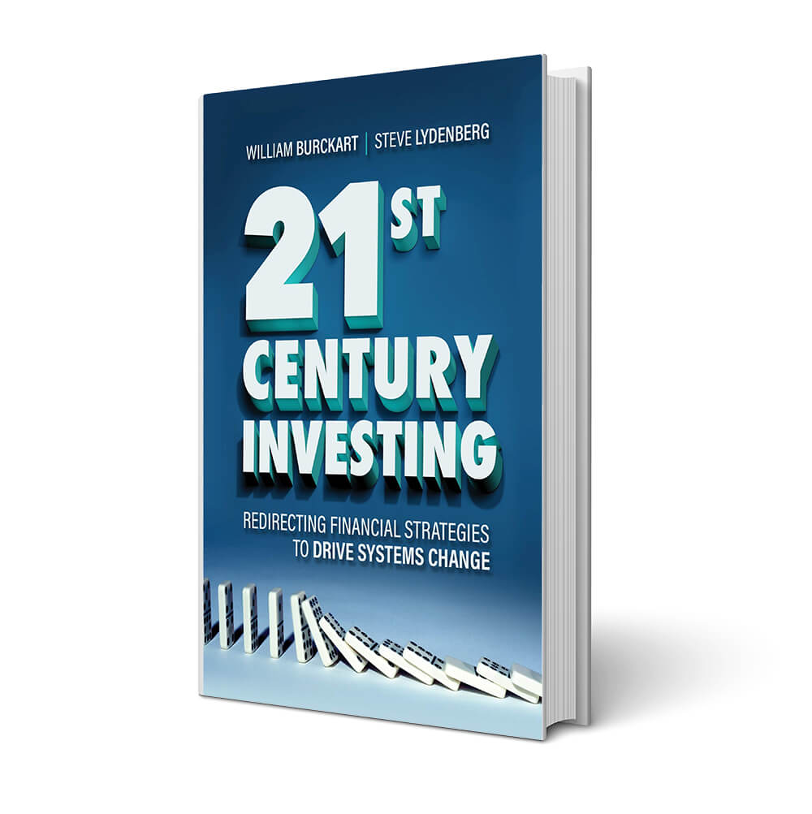Thanks to the on-going mismanagement of systemic risks, faith in institutions continues to decline. This is particularly true of investors and Wall Street. Proclaiming a sole focus on self-interest as the ultimate good is wearing thin. For this reason, the investment community is increasingly recognizing that investments pose risks and have impacts that extend beyond the portfolio to the systems in which these portfolios are embedded.
One indication that this is moving beyond the traditionally small and narrow world of classical impact investing to mainstream investing is a report from the CFA Institute on “The Future of Sustainability in Investment Management,” which was published last December. The report advises moving beyond traditional ESG practices to system-level thinking: “Systems theory is more than just an extra discipline to be studied; it is as much a way of thinking and communicating that needs a cultural grounding. The key principle is that there are multiple interconnected factors that drive the investment ecosystem that need to be recognized. This…calls for balance — the balance to our thinking that does not seek to oversimplify complex elements.”

In previous posts, I’ve written about how systemic risks are a threat to investors who aren’t doing enough to manage them. Systemic risks are what materialize when we ignore the advice of those such as the CFA Institute and turn a blind eye to the weaknesses that can undermine the systems in which our portfolios exist and upon which they depend. Our social, environmental, and financial systems are so globalized and interdependent that a disruption in one can spill over into the others. The most recent and obvious example is the COVID-19 pandemic, which is abating but not disappearing. Scientists also point to other looming challenges on environmental fronts. The Stockholm Resilience Centre, for example, frames these challenges in terms of “planetary boundaries” beyond which unpredictable, systemic, and potentially catastrophic changes take place. Beyond a certain point, our efficient activities run the risk of fundamentally changing the nature of the Earth’s environmental systems in ways that we cannot predict, but that will cause profound disruptions.
Luckily, a growing movement within the investment community recognizes the need to care for and nurture the systems we all rely upon in our day-to-day lives, for the long-term growth of our economy, and for a just society living in a supportive natural environment. The Investment Integration Project (TIIP), a consulting and applied research firm led by William Burckart and Steve Lydenberg, in particular has been at the forefront of tackling system-level and systemic risk in investing over the last six years and has a new book out that speaks to what they have learned.
Their new book 21st Century Investing: Redirecting Financial Strategies to Drive System Change is aimed at those investors moving towards a system-level approach. It recognizes the need for a paradigm better suited to our modern world and the challenges of today. Just as Modern Portfolio Theory extended analysis of the risks and rewards of individual stocks to those of a basket of securities, this book and the practice of system-level investing help incorporate a level of analysis that includes the context (or “systems”) in which these portfolios exist.
SUBSCRIBE TO OUR NEWSLETTER
Subscribe our newsletter to receive the latest news, articles and exclusive podcasts every week


